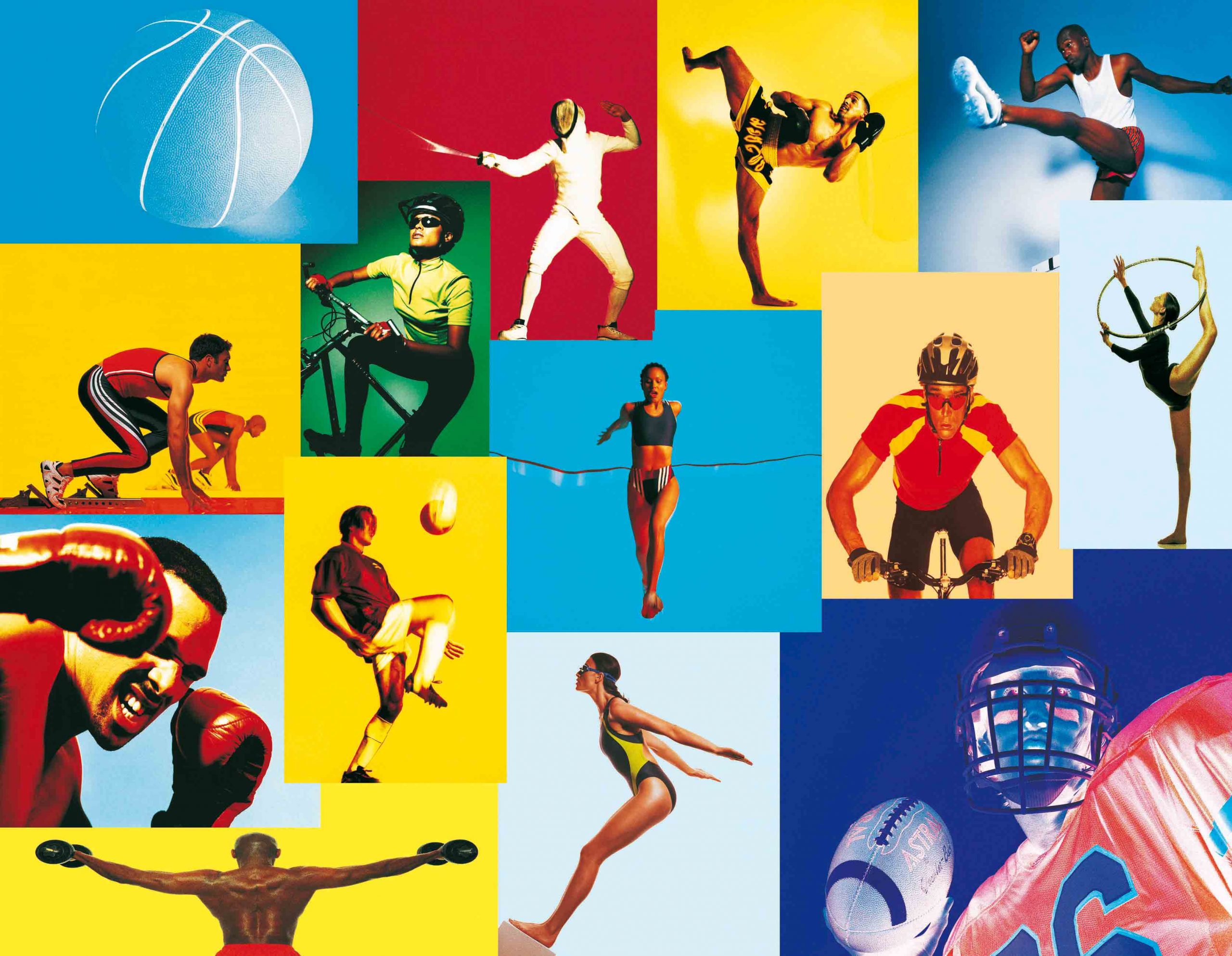Self-confidence, emotional stability, purposefulness – these are the qualities that every person wants to develop in himself. And we can really change ourselves through regular exercise. Even amateur-level workouts can affect our condition, character and personality. Let’s take a closer look at how sports activities affect our psyche.
A lot depends on the sport.
Of course, a lot depends on the type of sport and the specifics of the training that you have chosen. It’s one thing – professional training and preparation for competitions, and quite another – exercises for pleasure and maintaining tone.
Professional athletes, for the most part, are experiencing a kind of “breaking” of the personality. From an early age, they get used to strict restrictions in diet and lifestyle. The main thing for them is the motivation to achieve success. These people are like an arrow, steadily flying forward. Only an unbending desire to win can help them achieve truly significant results.

As for ordinary people, things are a little different here. First of all, the changes are much softer and slower. To accustom yourself to regular visits to the pool or gym, a person must set a clear goal that will help him overcome laziness. This means that already at the very beginning of training, an amateur athlete becomes more purposeful and collected. He has to learn discipline in order to “squeeze” regular training into his usual schedule.
Overcoming weaknesses
Further, during classes, any person learns to overcome both physical weaknesses and psychological ones. For example, a boxer gradually gets rid of the fear of punches, and an acrobat is freed from the fear of falling from a height.
In addition, sport develops the speed of decision-making. This is clearly seen in any team games, as well as in extreme training. By the way, such classes help to remove painful shyness, help to learn how to quickly navigate in a communication situation. As a result, self-esteem rises, and a person begins to feel much better and calmer.
It is known that physical activity affects biochemical processes. Metabolism changes, especially the hormonal sphere. That is why after a workout we can feel pleasant fatigue, calmness, and heavy thoughts and a depressive state leave us.

In general, enough has been said about the benefits of sports. Can such activities be useful or harmful? And if so, for whom?
If we talk about the psyche, then in some cases an incorrectly chosen type of sports activity can really be harmful, but not for adult athletes, but for children.
For example, if a child who has hyperactivity or an increased level of aggression at an early age is given to the karate section, this can be destructive to his emotional sphere. Why? After all, it would seem that the blows will help him get rid of internal tension and become calmer.
Sports for a child
The fact is that a child under 7-9 years old has not yet fully formed the centers responsible for managing emotions. In some cases, sharp punches and kicks only activate aggression and activity, they will not calm the baby. “Reset” of unwanted energy will not happen.
If you notice bouts of aggression behind the baby, it is better to give him a swim, and with martial arts it is worth the wait.
In general, you should be careful when choosing a sport for a child. It is important to take into account not only the state of health, but also psychological characteristics. The child does not need to be “broken”, but, on the contrary, it is worth trying to discern in him his unique inclinations.
If you choose the right activities, sports will help you develop those very wonderful personal qualities that each of us dreams of.
